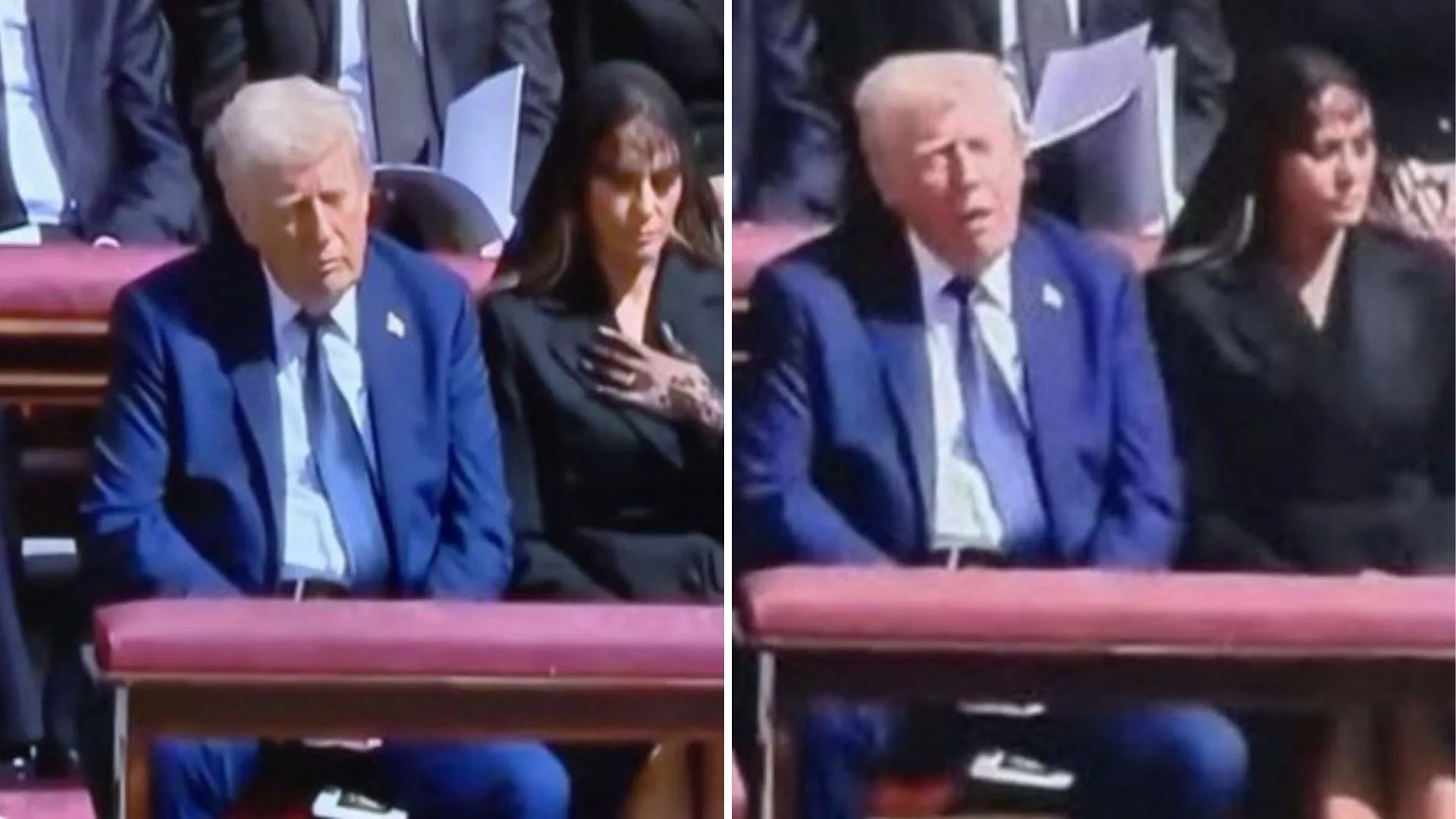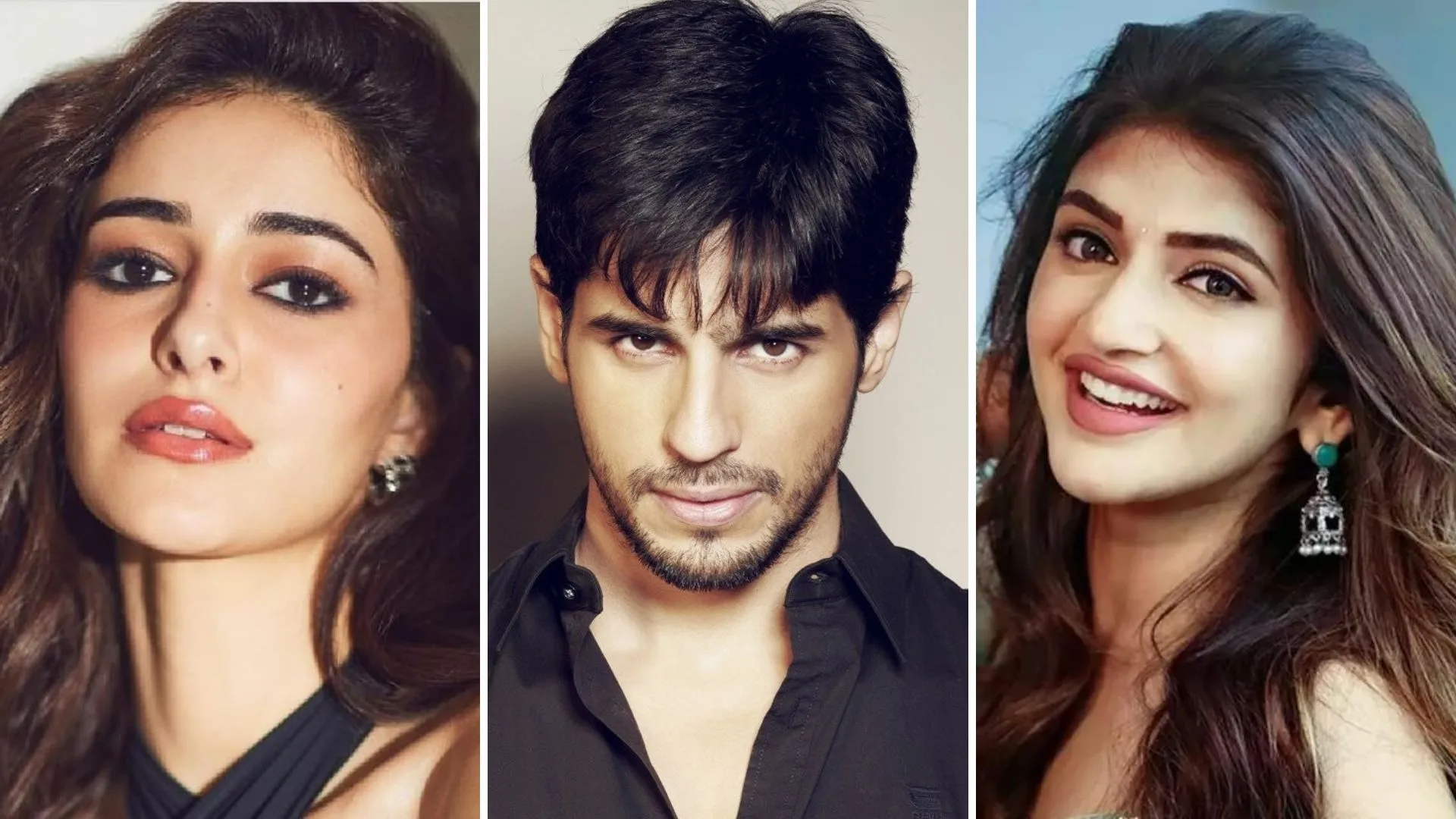In the Haryana Assembly polls, the political landscape remains male-dominated, with only 51 women candidates—most of whom are either from political families or have celebrity status—nominated by major political parties. Since Haryana was established as a separate state in 1966, it has only elected 87 women to the assembly, and there has yet to be a woman chief minister.
An analysis of candidate lists reveals that the Congress party has nominated the most women candidates in this election, with 12 women running. The Indian National Lok Dal (INLD) and Bahujan Samaj Party (BSP), which are in an alliance, have put forward 11 women candidates, while the ruling BJP has nominated 10. The Jannayak Janta Party (JJP) and Azad Samaj Party (ASP) are fielding eight women candidates across the 85 seats they are contesting, and AAP has listed 10 women among its 90 candidates.
According to records from the Haryana Vidhan Sabha, a total of 47 women have been elected as legislators in the five assembly elections since 2000. The state is known for its skewed gender ratio, currently at 916 female births per 1,000 males in 2023. In the 2019 elections, there were 104 women candidates, including Independents, while in 2014, the highest number of women candidates—13 out of 116—won their seats. This figure dropped to nine in 2019.
READ MORE: PM Modi Announces Opening Of New Consulates In Boston & Los Angeles
The elections for the 90-member Haryana Assembly are set for October 5, with results to be announced on October 8. Notable candidates include Arti Singh Rao, daughter of Union minister Rao Inderjit Singh, contesting her first election on a BJP ticket from Ateli, and Shruti Chaudhary, granddaughter of former chief minister Bansi Lal, running for the BJP in Tosham.
Geeta Bhukkal, a four-time Congress MLA and former state education minister, pointed out that the Congress has nominated the most women candidates. She criticized the delayed implementation of a bill granting 33% reservation for women in Parliament and state assemblies, which will not take effect until 2029.
Vinesh Phogat, a wrestling icon and anti-sexual harassment advocate, is contesting for Congress in Julana against AAP’s Kavita Dalal, a trailblazer in Indian wrestling. Savitri Jindal, Asia’s richest woman and chairperson of the OP Jindal Group, is running as an Independent after not receiving a BJP ticket.
Chitra Sarwara, daughter of former chief minister Bhupinder Singh Hooda’s confidant, is also running as an Independent from Ambala Cantonment after being denied a ticket by Congress. Rabia Kidwai from AAP is making history as the first woman candidate from Nuh, a Muslim-majority constituency, leveraging her political lineage.
Kumudni Rakesh Daultabad is contesting in Badshahpur as an Independent after her husband, the previous MLA, passed away earlier this year.
A study by Ashoka University’s Triveni Centre for Political Data (TCPD) highlights ongoing concerns about women’s representation in Haryana, given the state’s history of gender bias and poor metrics in gender-related issues. While the increasing number of women candidates is a positive sign, many elected women MLAs come from wealthy political families, perpetuating the concentration of power among elite families.
A political science professor from the Central University of Haryana noted that the state’s political culture remains deeply patriarchal, with tickets primarily going to women from influential families. She highlighted that only one Independent woman candidate, Shakuntla Bhagwaria, has won an election since 2000, indicating the challenges women face in securing victories without strong political backing.
MUST READ: Gujarat: Monsoon Withdrawal Begins Today, Heavy Rain Forecasted This Week





















